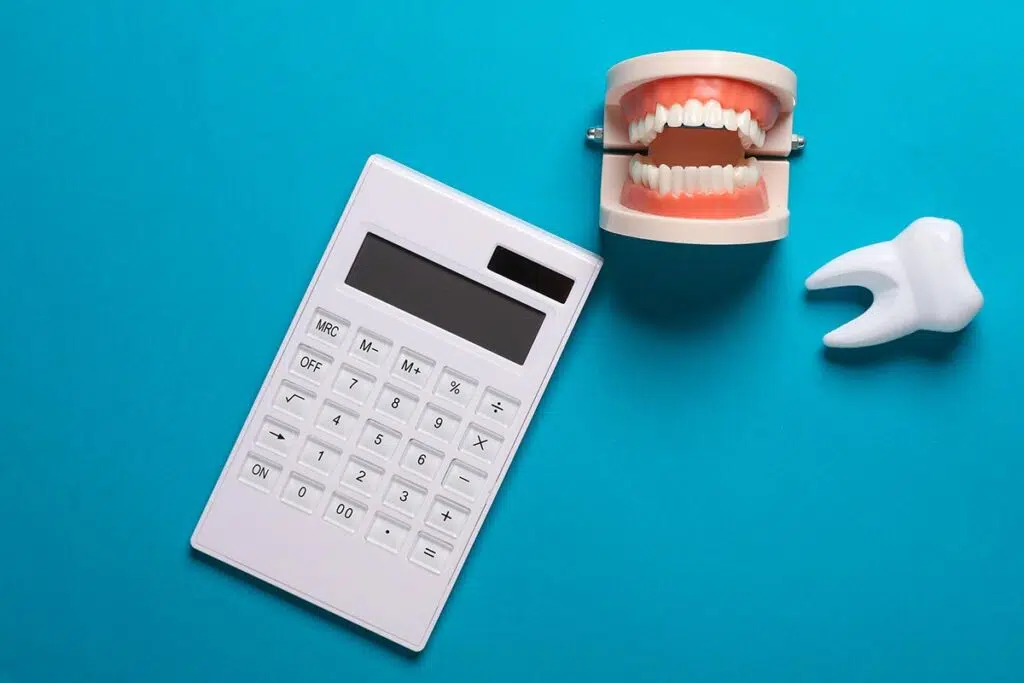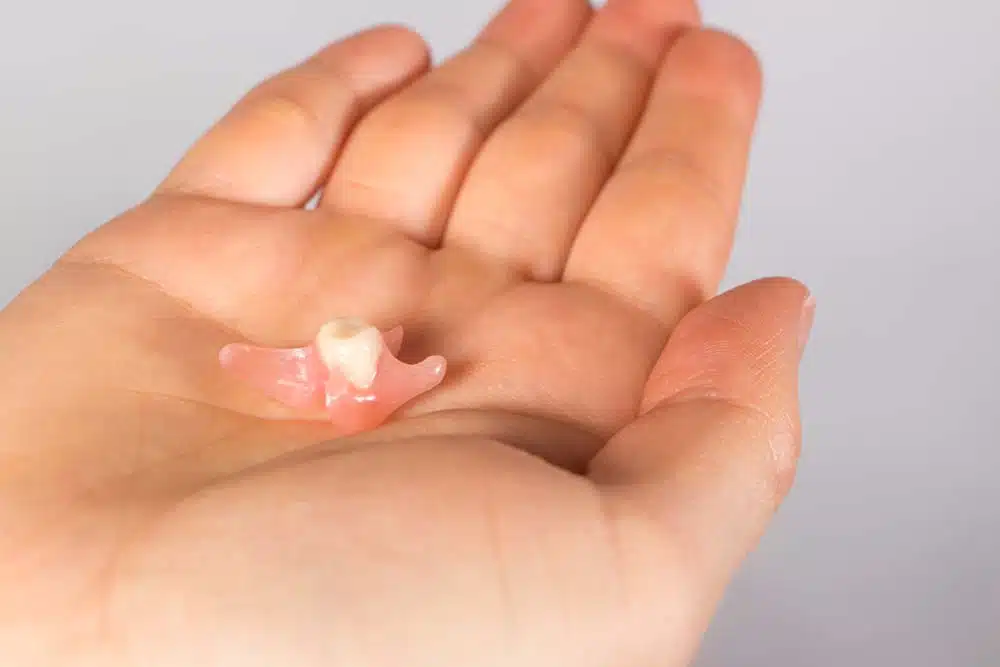
Missing teeth can impact your ability to chew, speak, and smile confidently — but dentures offer a trusted solution that’s helped millions of people restore their oral function and appearance.
Wondering what your options are when it comes to dentures? From temporary solutions to permanent alternatives, there’s more than one way to bring your smile back. Keep reading to discover which type of denture might be the perfect fit for your needs.
What Are Dentures?
Dentures are custom-made dental appliances designed to replace missing teeth and restore both dental function and aesthetics. Whether you’re missing a few teeth or an entire arch, dentures can help improve your ability to chew and speak while also supporting facial structure. They are available in a range of styles and different materials to suit different oral health needs and budgets. In the next section, we’ll explore the several benefits of choosing dentures and why they remain a popular option for tooth replacement.
Benefits of Dentures
Dentures remain a popular and effective choice for replacing missing teeth, offering both functional and aesthetic improvements. Thanks to advancements in dental technology, modern dentures are more comfortable and natural-looking than ever before. Here are some of the key benefits they offer:
- Improved Chewing and Speaking: Dentures restore essential functions that are often compromised by missing teeth, helping you eat and speak with ease.
- Enhanced Appearance: They fill in gaps and support facial muscles, which can prevent a sunken appearance and restore a youthful look.
- Custom Fit for Comfort: Today’s dentures are crafted to fit your mouth precisely, reducing irritation and improving day-to-day comfort.
- Boosted Confidence: A full, natural-looking smile can make a big difference in your self-esteem and social interactions.
- Affordable Tooth Replacement: Compared to implants, dentures are typically more budget-friendly and accessible for a wide range of patients.
- Non-Invasive Option: Most of the time, dentures don’t require surgery, making them ideal for patients who want to avoid invasive procedures.
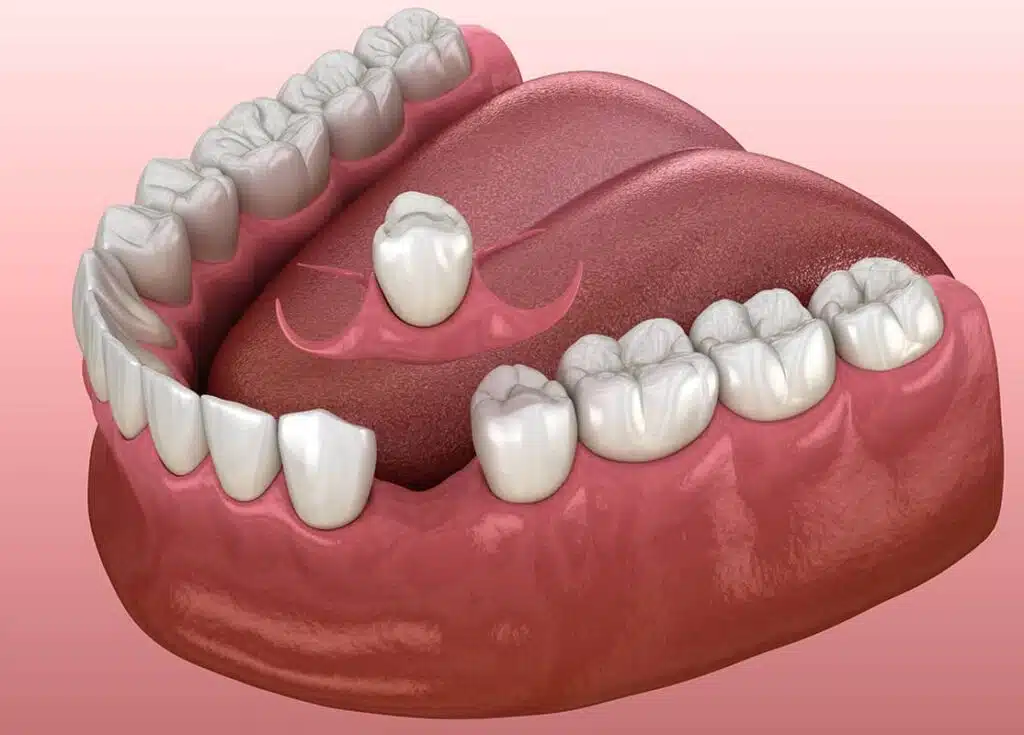
The Different Types of Dentures
Not all dentures are created equal. Depending on the extent of tooth loss, your oral health, and personal preferences, there are several denture options available to meet different needs. From temporary solutions to more advanced, implant-supported options, understanding the differences can help you make an informed decision. In the sections below, we’ll break down the several types of dentures and what sets each one apart.
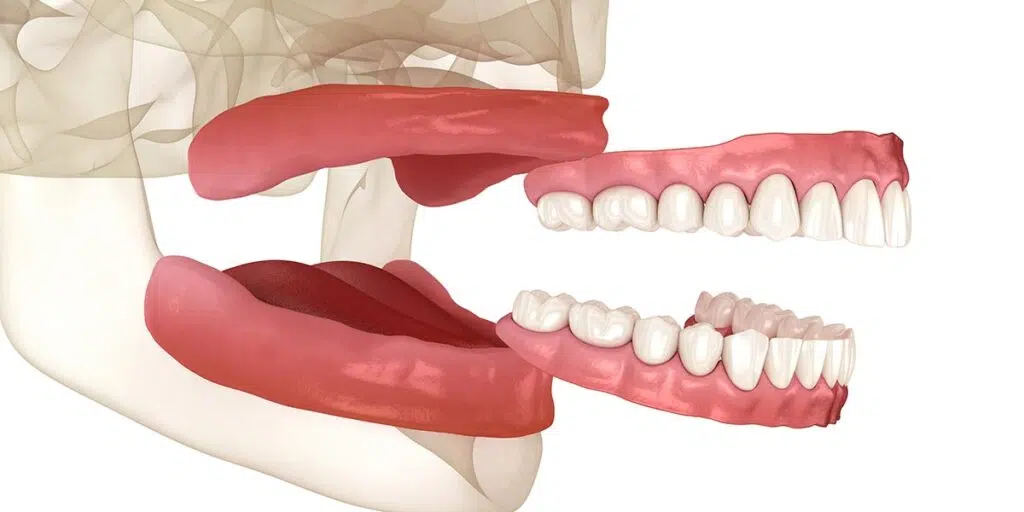
Complete Dentures
Complete or full dentures are designed for individuals who have lost all of their teeth in either the upper or lower arch—or both. These full-coverage appliances sit directly on the gums and are custom-crafted to restore the natural look and function of your smile. They’re most suitable for patients who have experienced total tooth loss due to aging, gum disease, or injury and are looking for a cost-effective, non-surgical replacement option.
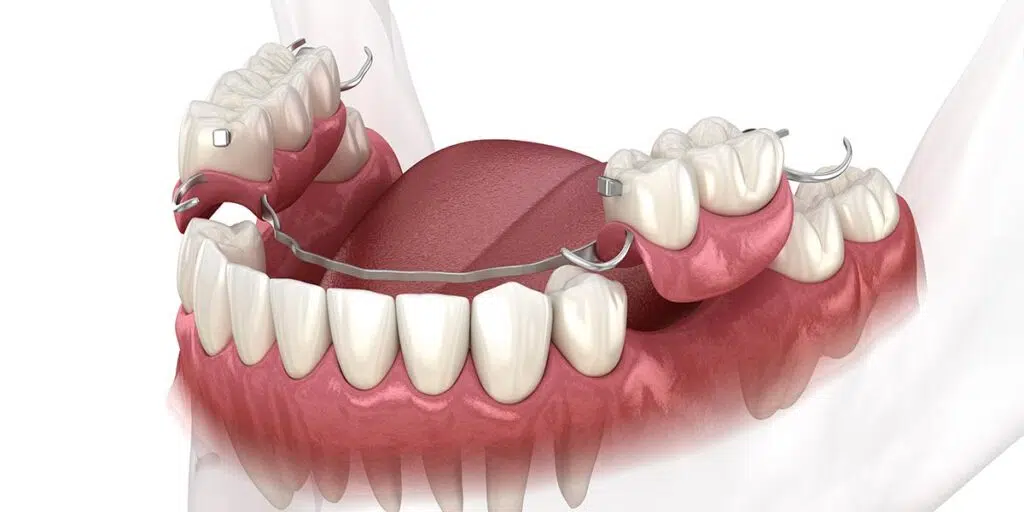
Partial Dentures
Partial dentures are ideal for patients who still have some healthy natural teeth remaining. These removable appliances fill in the gaps left by missing teeth and help restore a complete, functional bite. They typically consist of replacement teeth attached to a gum-colored base, often held in place with metal or acrylic clasps. Partial dentures are a great option for preserving remaining teeth and preventing them from shifting out of alignment.
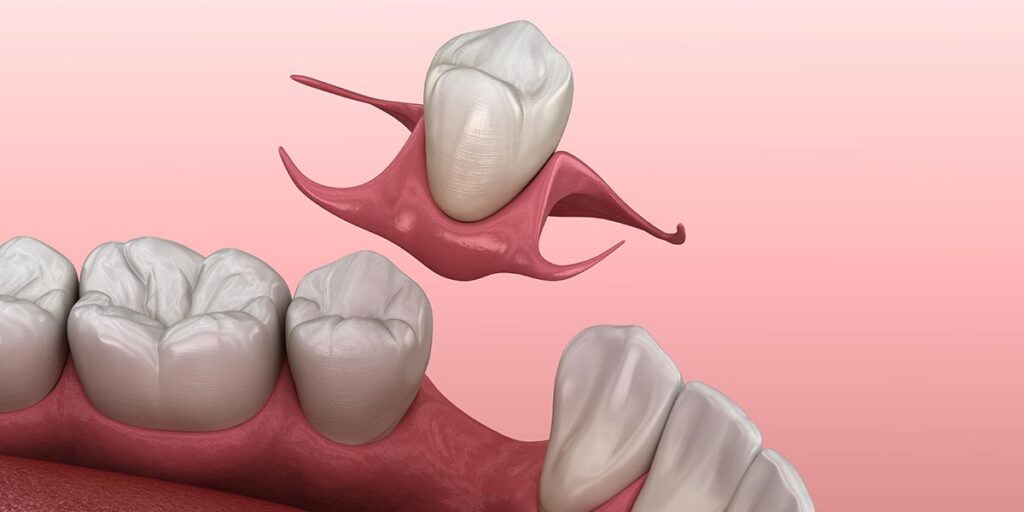
Immediate Dentures
Immediate dentures are placed right after tooth extraction, allowing patients to leave the dental office with a complete smile the same day. These are created in advance and act as temporary dentures while the mouth heals and adjusts post-extraction. They are especially beneficial for patients who don’t want to go without teeth during the healing period, though adjustments or replacements may be needed as the gums and jawbone settle.
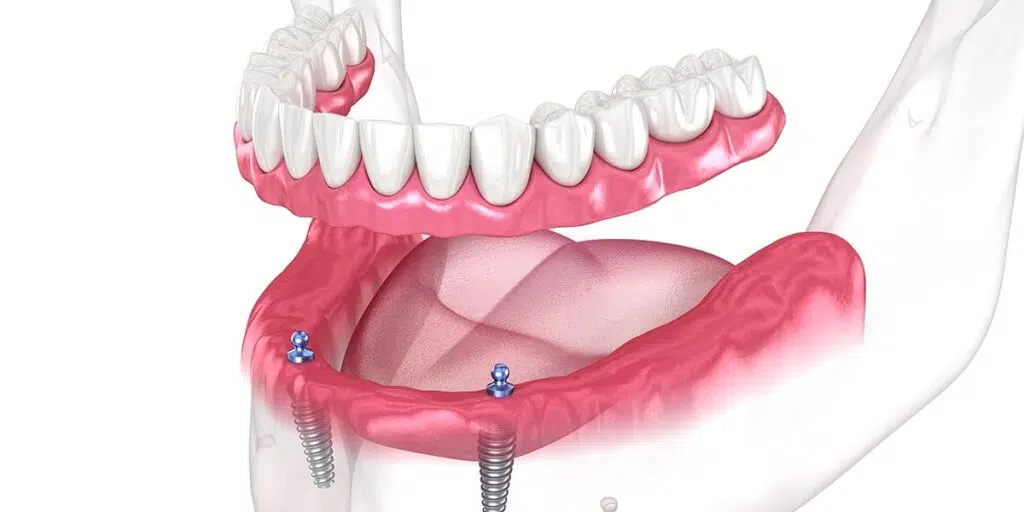
Implant-Supported Dentures
Implant-supported dentures are anchored to dental implants that are surgically placed into the jawbone, providing a secure and stable fit. Unlike other types of dentures, they don’t rely on suction or adhesives to stay in place. These dentures are ideal for patients who want greater comfort, enhanced chewing ability, and added confidence in their daily activities. They’re especially beneficial for those with significant bone loss or who struggle with loose-fitting conventional dentures.
Overdentures
Overdentures are removable hybrid dentures that fit over remaining natural teeth or dental implants for added stability and retention. By using existing tooth roots or implants as anchors, overdentures provide a more secure fit and improved functionality compared to traditional dentures. This option is particularly beneficial for patients who want a more natural feel and better chewing ability while still enjoying the removability of conventional dentures.
Flexible Dentures
These are made from a soft, pliable type of denture material like nylon, offering a more comfortable and natural-feeling alternative to traditional acrylic or metal-based dentures. They are ideal for patients with sensitive gums or those who struggle with the rigidity of conventional designs. Flexible dentures blend in well with your natural gums, are less likely to cause irritation, and are easier to adapt to—making them a popular choice for first-time denture wearers.
Permanent Dentures
“Permanent dentures” usually refer to dentures that are fixed in place using dental implants, rather than being removable dentures. These prosthetic devices are securely attached to implants and can only be removed by a dental professional, offering the closest feel to natural teeth. They are an excellent choice for patients seeking a long-term, stable solution without the daily maintenance of removable options, especially when comfort and function are top priorities.
Custom vs. Economy Dentures
When it comes to choosing dentures, one of the key decisions you’ll face is whether to go with custom or economy options. Both types serve the same basic purpose—replacing missing teeth—but they differ in terms of fit, aesthetics, materials, and cost. Understanding the pros and cons of each can help you make a choice that aligns with your oral health needs and budget.
Custom Dentures: Tailored for Fit, Comfort, and Aesthetics
Custom dentures are crafted specifically for your mouth, offering a higher level of fit, comfort, and visual appeal compared to standard options. These dentures are designed using precise impressions and high-quality materials to ensure a natural look and a snug fit that minimizes irritation. They are ideal for patients who prioritize aesthetics and long-term wearability and are willing to invest in a solution that feels and looks more like natural teeth.
Economy Dentures: Affordable, But With Trade-Offs
Economy dentures are a budget-friendly option that can provide basic tooth replacement for those who need a fast and affordable solution. While they cost less than custom dentures, they are typically made with lower-quality materials and may not offer the same level of fit, comfort, or appearance. These dentures often require more adjustments and may not last as long, making them best suited for short-term use or temporary wear.
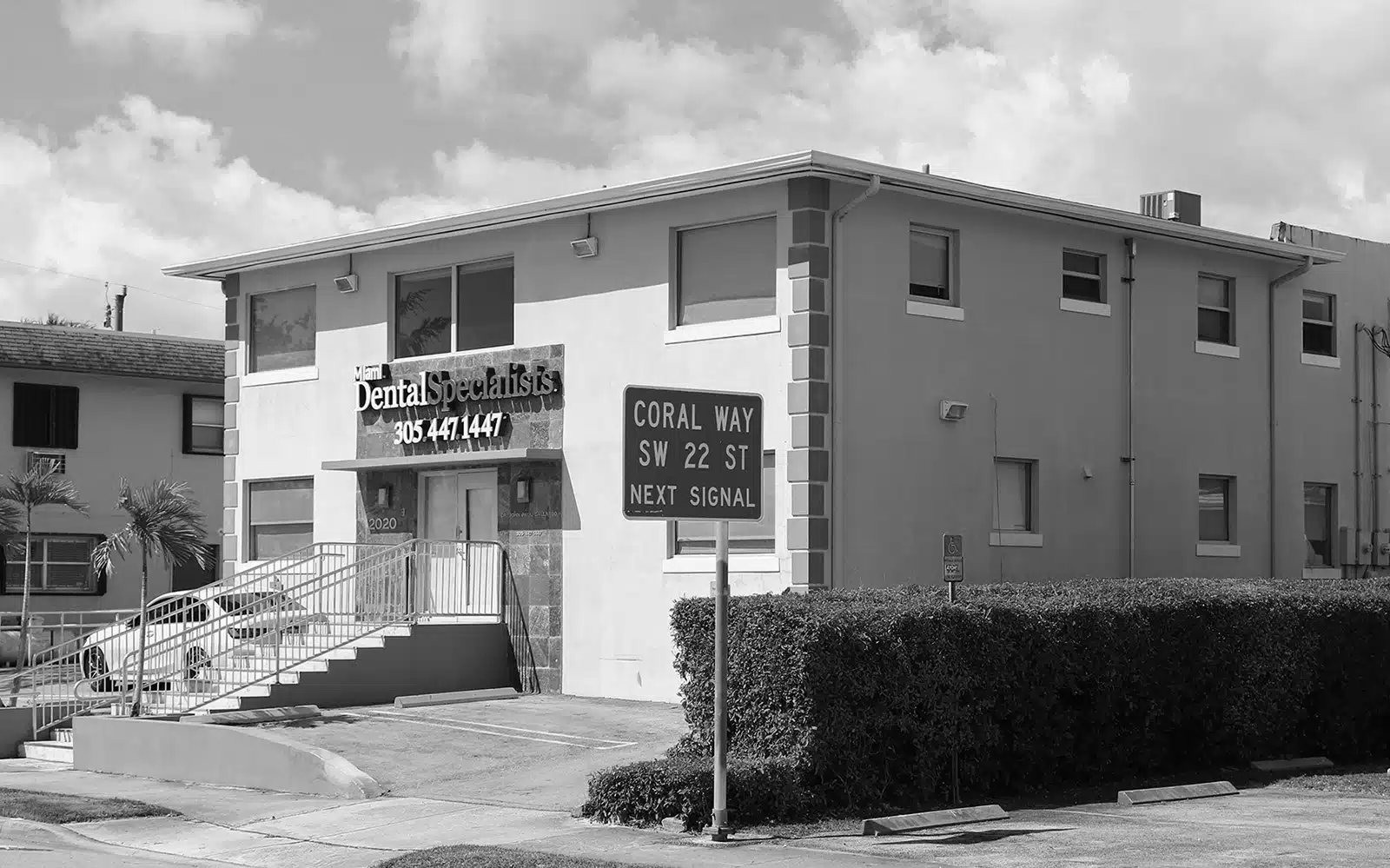
Alternatives to Dentures
While dentures are a reliable and popular choice for tooth replacement, they aren’t the only solution available. Depending on your oral health, budget, and personal preferences, you may benefit from exploring other restorative options. Below, we’ll take a closer look at some of the most common alternatives to dentures and when they might be a better fit.
Dental Implants
Dental implants are a permanent tooth replacement option that involves surgically placing titanium posts into the jawbone, which then support crowns, bridges, or dentures. They are ideal for patients with healthy gums and sufficient bone structure who want a long-lasting, natural-looking solution. Implants offer superior stability and function compared to removable options and help preserve jawbone density over time.
Bridges
Dental bridges are a fixed tooth replacement option used to fill gaps where one or more teeth are missing. They are typically anchored to neighboring natural teeth or dental implants and support one or more prosthetic teeth in between. Bridges offer a stable, non-removable solution that restores both function and appearance. They are especially useful when the surrounding teeth are healthy and can support the restoration.
When to Talk to Your Dentist About Alternatives
If you’re unsure whether dentures are the right choice, or if you’re curious about more permanent solutions, it’s a good idea to speak with your dentist. They can evaluate your oral health, bone density, and lifestyle needs to determine if alternatives like implants or bridges may be a better fit. A personalized consultation ensures you receive the treatment that aligns best with your goals and long-term comfort.
Cost of Dentures and What to Expect
The cost of dentures can vary significantly, and understanding the factors that contribute to the final price can help you make a more informed decision. While dentures are generally more affordable than implants, several variables can influence the total investment. Here are the most common factors that affect the cost of dentures:
- Type of Denture: Full, partial, immediate, or implant-supported—all come with different price points.
- Materials Used: High-quality materials for a more natural look and better durability typically increase the cost.
- Customization Level: Custom dentures tailored for comfort and aesthetics tend to cost more than economy models.
- Additional Procedures: Tooth extractions, bone grafting, or implant placement will raise the overall cost.
- Dentist’s Expertise and Location: A highly experienced specialist or a practice located in a major city may charge more.
- Follow-Up Appointments and Adjustments: Maintenance, relines, and future fittings should also be considered in your budget.
Are Implant-Supported Dentures Worth the Investment?
Absolutely. While implant-supported dentures come with a higher initial cost, the long-term benefits often outweigh the price tag. These dentures offer unparalleled stability, comfort, and functionality—allowing you to eat, speak, and smile with total confidence. Unlike traditional dentures, they don’t slip or require adhesives, and they help preserve jawbone health, which is key to maintaining facial structure.
For patients looking for a more permanent, natural-feeling solution with fewer compromises, implant-supported dentures are a smart, forward-thinking investment in your oral health and quality of life.
Finding the Right Dentist for Your Denture Solutions
Choosing the right dental professional is essential when considering the right type of denture. A knowledgeable and experienced specialist will take into account your unique needs and preferences, jaw structure, and oral health history to provide a solution that is both functional and comfortable. This level of dental care ensures a natural appearance and better long-term satisfaction.
At Gallardo Periodontics and Implant Dentistry, Dr. John Paul Gallardo, DDS, PA, brings over 25 years of expertise in restorative and cosmetic dentistry. Recognized across South Florida for his meticulous approach, Dr. Gallardo utilizes advanced technology to craft dentures that fit precisely and comfortably. Whether you’re exploring full, partial, or implant-supported options, you’re in expert hands. Call 305-447-1447 or visit our contact page to schedule your consultation today.
